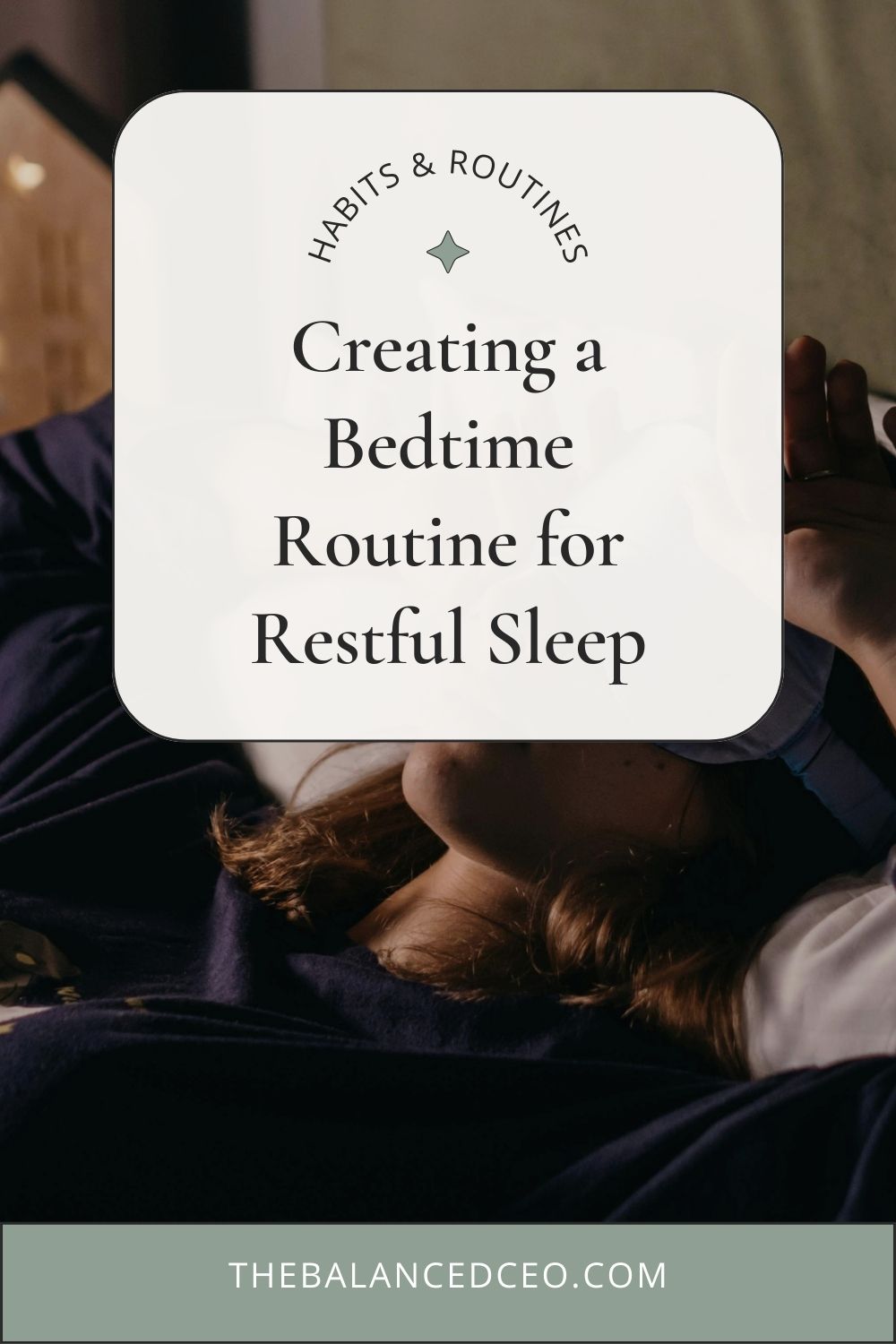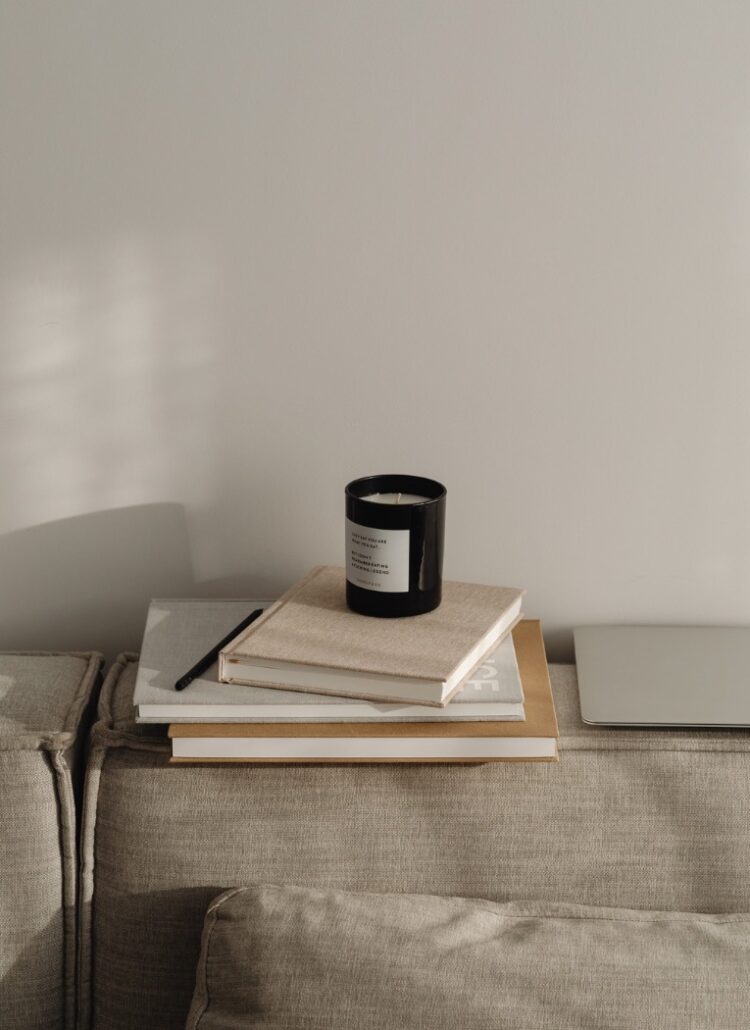This post may contain affiliate links, which means I’ll receive a commission if you purchase through my links, at no extra cost to you. Please read full disclosure for more information.

One of the most revolutionary acts is to intentionally slow down. Not to faceplant onto the bed. Do not scroll until your phone slips out of your hand. But to truly choose, this is when I round off the corners of my day.
The secret? It doesn’t need to be complicated. A peaceful evening routine isn’t about perfection or ten-step systems—it’s about rhythm. Gentle, familiar steps that coax your body and mind into rest.
Begin with the Lights
As the sun sets, try to follow its lead. Dim the ceiling lights, switch on a few low-watt lamps, or light a candle (safely, of course). Bright lights signal to your brain that it’s still “go” time. But soft, warm lighting begins to send a different message: it’s time to wind down.
If you’re using overhead lights right up until brushing your teeth, you’re sort of working against your nervous system. And honestly, that’s not a battle you want to win.
Implement a “Screen-Off” Time—Together
This part is tough for most of us. Phones, laptops, and TVs emit blue light that tricks your brain into thinking it’s still daytime. But it’s not just about the light—it’s the noise, the notifications, the constant pull outward when you’re trying to come back to yourself.
Set a “tech curfew,” even just 30 minutes before bed. Pop your phone in a drawer or leave it across the room. You won’t miss anything. And if you do? It’ll still be there tomorrow.
Do Something That’s Just for You
Even five minutes of something calming can change the tone of your entire evening. Try journaling, light stretching, or reading something quiet (maybe not that murder mystery tonight). These small acts signal to your mind we’re safe now.
Many people swear by little bedtime rituals—herbal tea, essential oils, warm socks. It’s not silly. It’s actually science. Your brain and body love predictability. They thrive on cues. Give them what they need.
Support Your Sleep from the Inside
Sleep doesn’t start at night—it’s shaped by how you live your day: your movement, food choices, and stress levels. If you’ve nailed the basics but still struggle to sleep deeply, supplements might help.
Everyone’s different, but some options have sparked curiosity. For example, SES Research C60 has been explored for its role in supporting energy and sleep balance. Some people find it a helpful addition to their wind-down routine. (As always, do your research and speak to a professional if you’re curious.)
Keep the Clock Out of It
Here’s a small shift with a big impact: don’t look at the clock if you wake up during the night.
If you’re the kind of person who checks the time and starts doing sleep math (“if I fall asleep now, I’ll get exactly 4 hours and 27 minutes…”), it’s time to stop.
Cover the clock. Turn your phone face down. Get up for a stretch if you must, or just lie still and breathe. Rest still counts, even if it isn’t sleep. And not checking the time can spare you the spiral.
Be Consistent, Even on Off Days
This is where most people trip up: they build a lovely bedtime routine, do it twice, and then life interrupts. Suddenly, it vanishes.
Here’s the truth—your routine doesn’t need to be perfect. It needs to be reliable.
Even if all you manage is dimming the lights and reading for five minutes, it adds up. Your body learns to trust the signal: it’s okay to let go now.
Make the Room Work for You
Let’s not overlook your space. Is your bedroom too hot? Too noisy? Are you still sleeping on that sad pillow you meant to replace three years ago?
A quiet, dark, cool room makes a difference. Try blackout curtains, a fan, or white noise. Adjust until your space feels like an invitation, not a task list.
You Deserve to Sleep Well
Sleep isn’t a luxury. It’s one of the most powerful, generous things you can give yourself. And often, it’s within reach—if you pause long enough to notice what’s getting in the way.
This isn’t about doing it “right.” It’s about listening for what helps you exhale—and doing more of that. Because real rest isn’t something you fall into. It’s something you learn to embrace. It’s a soft skill, a quiet practice, a declaration that your peace matters. And once you claim it, night after night, everything else starts to feel more manageable. Your energy returns, your thoughts settle, and life becomes less about surviving and more about living well.





Leave a Reply